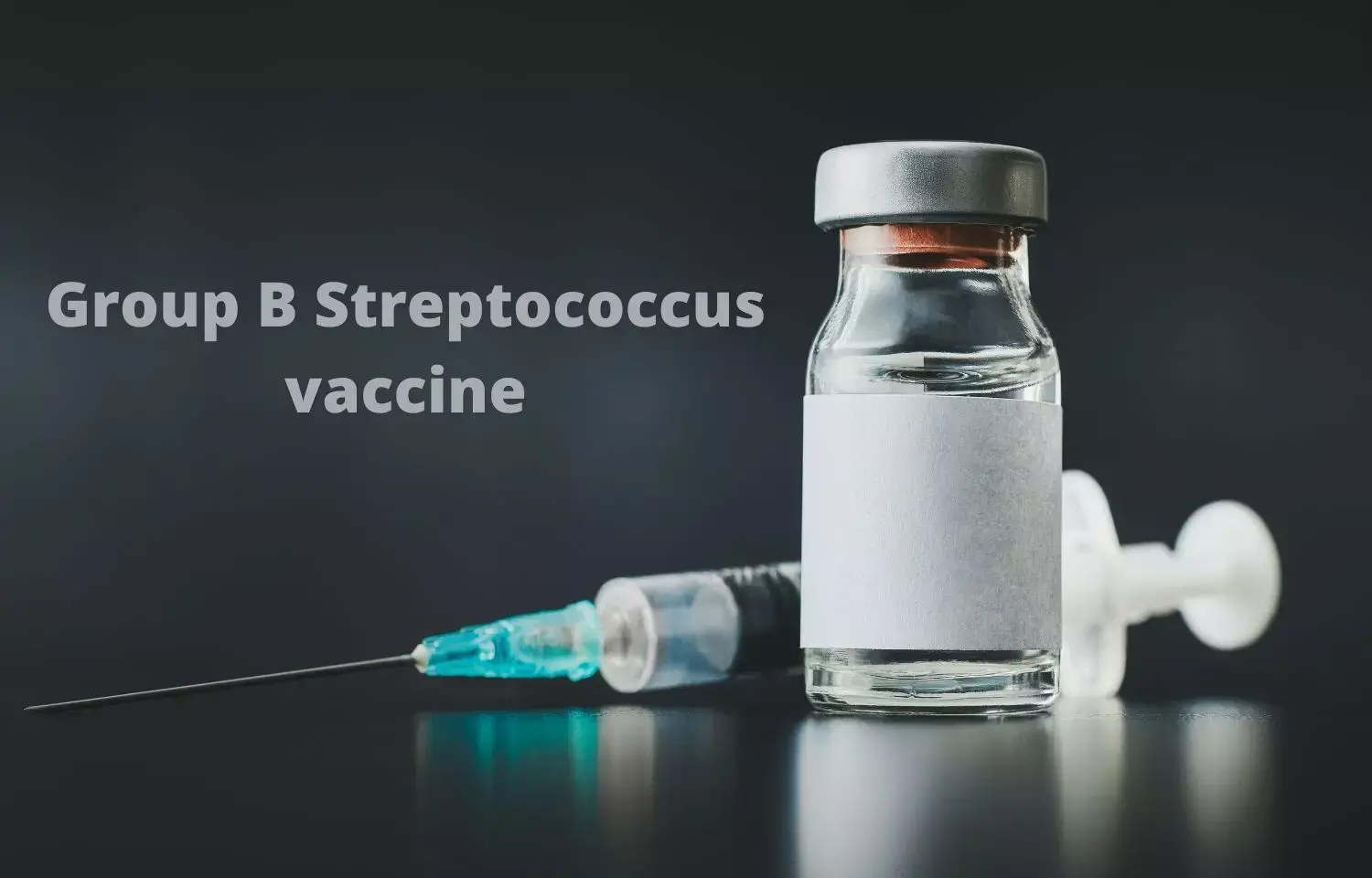- Home
- Medical news & Guidelines
- Anesthesiology
- Cardiology and CTVS
- Critical Care
- Dentistry
- Dermatology
- Diabetes and Endocrinology
- ENT
- Gastroenterology
- Medicine
- Nephrology
- Neurology
- Obstretics-Gynaecology
- Oncology
- Ophthalmology
- Orthopaedics
- Pediatrics-Neonatology
- Psychiatry
- Pulmonology
- Radiology
- Surgery
- Urology
- Laboratory Medicine
- Diet
- Nursing
- Paramedical
- Physiotherapy
- Health news
- Fact Check
- Bone Health Fact Check
- Brain Health Fact Check
- Cancer Related Fact Check
- Child Care Fact Check
- Dental and oral health fact check
- Diabetes and metabolic health fact check
- Diet and Nutrition Fact Check
- Eye and ENT Care Fact Check
- Fitness fact check
- Gut health fact check
- Heart health fact check
- Kidney health fact check
- Medical education fact check
- Men's health fact check
- Respiratory fact check
- Skin and hair care fact check
- Vaccine and Immunization fact check
- Women's health fact check
- AYUSH
- State News
- Andaman and Nicobar Islands
- Andhra Pradesh
- Arunachal Pradesh
- Assam
- Bihar
- Chandigarh
- Chattisgarh
- Dadra and Nagar Haveli
- Daman and Diu
- Delhi
- Goa
- Gujarat
- Haryana
- Himachal Pradesh
- Jammu & Kashmir
- Jharkhand
- Karnataka
- Kerala
- Ladakh
- Lakshadweep
- Madhya Pradesh
- Maharashtra
- Manipur
- Meghalaya
- Mizoram
- Nagaland
- Odisha
- Puducherry
- Punjab
- Rajasthan
- Sikkim
- Tamil Nadu
- Telangana
- Tripura
- Uttar Pradesh
- Uttrakhand
- West Bengal
- Medical Education
- Industry
Pfizer secures USFDA Breakthrough Therapy designation for Group B Streptococcus Vaccine

Group B Streptococcus (GBS) is a common bacterium that can cause potentially devastating diseases in infants, including sepsis, pneumonia and meningitis, during the first three months of life.
New York: Pfizer has recently announced that the company's investigational Group B Streptococcus (GBS) vaccine candidate, GBS6 or PF-06760805, has received Breakthrough Therapy Designation from the U.S. Food and Drug Administration (USFDA) for the prevention of invasive GBS disease due to the vaccine serotypes in newborns and young infants by active immunization of their mothers during pregnancy. GBS6 is designed to offer protection against the six most prominent GBS serotypes, which account for 98% of disease worldwide.
The USFDA decision is informed by the interim analysis of a placebo-controlled Phase 2 study (NCT03765073), evaluating the safety and immunogenicity of GBS6 in healthy pregnant women aged 18 to 40 years, who were vaccinated during the second or early third trimester of pregnancy. The study remains ongoing, and Pfizer will publish outcomes from this clinical trial when it is completed.
"GBS infections can have a devastating effect on newborns and their families. While prenatal screening and antibiotics during childbirth help provide protection against GBS in developed countries, this approach is not fully protective in the first week of life; presents multiple challenges in low- and middle-income countries; and has not been shown effective in preventing disease globally in infants beyond the first week of life and through the vulnerable first three months of life," said Annaliesa Anderson, Ph.D., Senior Vice President and Head of Vaccine Research & Development, Pfizer. "If approved for pregnant women, GBS6 could help protect newborns from the serious illnesses caused by this disease like meningitis, pneumonia, and sepsis – fulfilling a critical global public health need. We are encouraged by today's decision and look forward to discussing GBS6 with the FDA and other regulatory agencies to potentially reduce neonatal deaths and positively impact the existing global disease burden of GBS."
Group B Streptococcus (GBS) is a common bacterium that can cause potentially devastating diseases in infants, including sepsis, pneumonia and meningitis, during the first three months of life. About one in four pregnant women carry GBS bacteria in their body and may pass it along to their baby during or prior to birth. Annually, there are an estimated 410,000 GBS cases worldwide, which cause at least 147,000 stillbirths and infant deaths each year.
The FDA's Breakthrough Therapy Designation is designed to expedite the development and review of drugs and vaccines that are intended to treat or prevent serious conditions, and preliminary clinical evidence indicates that the drug or vaccine may demonstrate substantial improvement over available therapy on a clinically significant endpoint(s).
This decision follows the FDA's March 2017 decision to grant Fast Track status to GBS. Fast Track status is a process designed to facilitate the development and expedite the review of new drugs and vaccines intended to treat or prevent serious conditions and address an unmet medical need.
"Pfizer is pursuing a clinical development strategy in high-, middle- and low-income countries with the intent to make a successfully developed vaccine available globally as quickly as possible," the company stated.
In April 2022, GBS6 was granted PRIME designation by the European Medicines Agency's Committee for Medicinal Products for Human Use (CHMP). This designation provides enhanced support for the development of medicines that target an unmet medical need.
In 2016, Pfizer received a grant from the Bill & Melinda Gates Foundation, which supported the ongoing Phase 2 clinical trial of GBS6 as well as a parallel non-interventional natural history study.
Ruchika Sharma joined Medical Dialogue as an Correspondent for the Business Section in 2019. She covers all the updates in the Pharmaceutical field, Policy, Insurance, Business Healthcare, Medical News, Health News, Pharma News, Healthcare and Investment. She has completed her B.Com from Delhi University and then pursued postgraduation in M.Com. She can be contacted at editorial@medicaldialogues.in Contact no. 011-43720751


